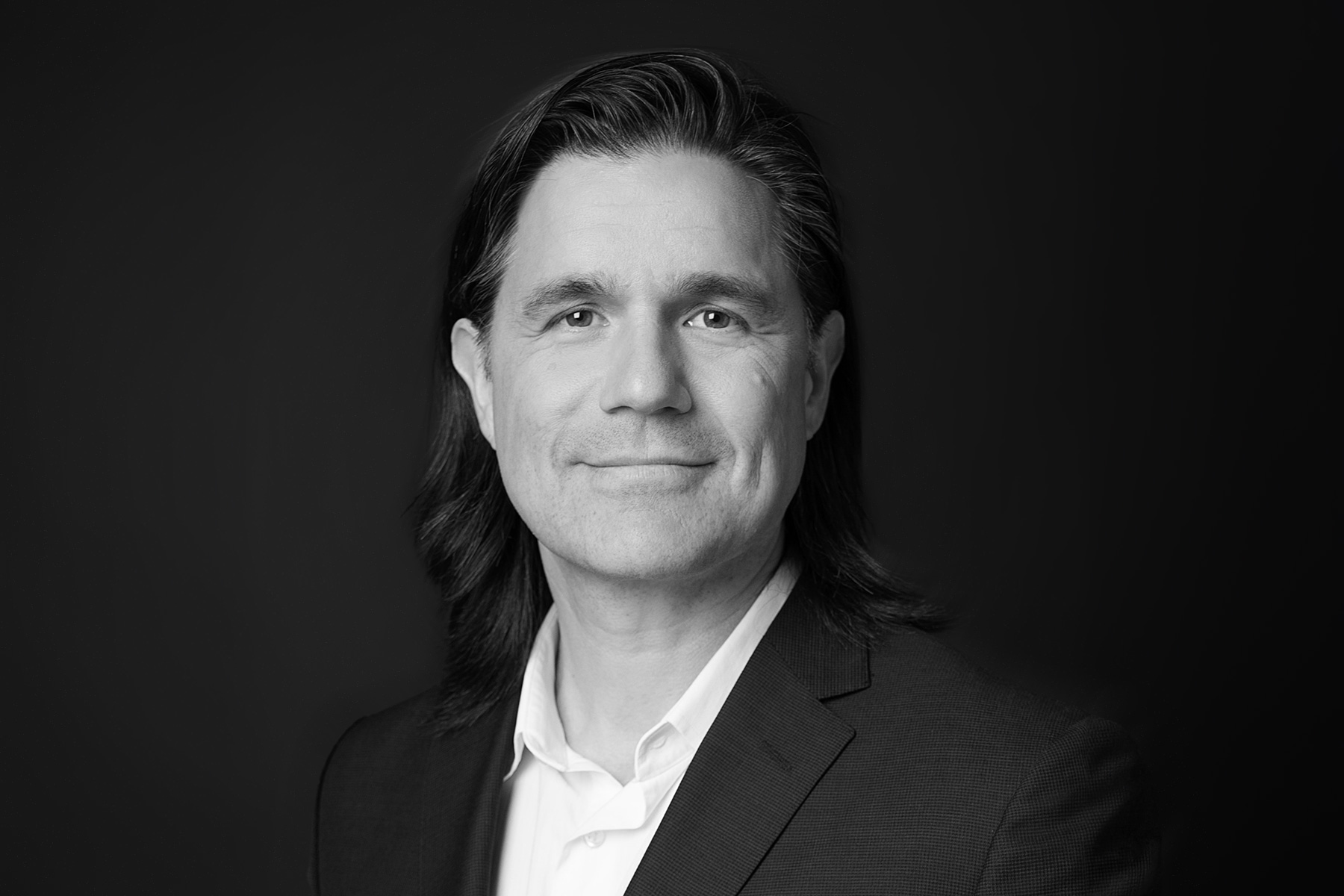Following the SJS AGM in November, Grant Christoff was elected Chair of the Board. Here we get to know more about him, his connection with the school and what the future holds for our community.
You have had a successful career as a lawyer and wear many hats in your roles with different organizations, can you tell us more about your legal work and professional interests?
I have been fortunate to have a lengthy career as a lawyer in both private and public practice. I began in private practice as a “solicigator” and transitioned after a few years to the federal Department of Justice (DoJ).
During my 20 years with the DoJ, I was able to work on many high-impact, public law litigation issues where we strove to develop positions based on the public interest, necessarily incorporating many different perspectives. While I primarily focused on litigation and managing legal services addressing issues arising from the relationship that Canada and the provinces have with Indigenous people and communities, I also was involved in litigation advancing other constitutional and charter rights.
At the end of my career with the DoJ, I took the opportunity to work with my community, Saulteau First Nations. Over the past 10 years, I have been fortunate to practice law with my community, the First Nations Health Authority and now as general counsel, with the First Nations Financial Management Board. During this time, I have also increasingly focused on corporate governance matters by participating as a director on various boards, including SJS, and a few years back, completed a directors’ education program offered by the Institute of Corporate Directors.
Can you tell us more about your connection with the school?
Our son Caleb began attending SJS as part of the first Junior Kindergarten class in 2013. I joined the SJS Board in 2019 in response to being asked to volunteer by one of the board members. I was interested in supporting the ongoing development of the school’s mandate as well as in participating with a very experienced group of directors and staff at SJS. I thought that I could provide some additional benefit to the school as a board member, given my personal and professional experience.
What do you believe makes SJS special? What do you appreciate most about the school and school community?
I believe it is the combination of SJS being co-ed, urban and smaller, along with the IB program, that enables the environment to foster a commitment to lifelong learning. This commitment is important to allow the school to fully participate in the accelerating pace of change within our broader community.
The thing that I most appreciate about our school and school community is the support for recognizing and valuing difference. By that I mean that our community takes the time to recognize and listen to each other’s experiences, as well as those within the broader community, to better understand where there may be shared goals. I have also observed a demonstrated commitment to respectfully addressing differences in perspective when developing broader plans, an example being the strategic planning exercise for SJS.
Why is education important to you?
It is trite to say but education provides us with the tools to help us understand our world. It is through the development of skills along with the acquisition of knowledge that we develop the framework to critically assess information through increasingly numerous ways. Education coupled with a commitment to lifelong learning can help us better navigate this complicated world.
What do you foresee as some areas of opportunities and challenges for the school and our community over the coming years?
Being at SJS is a privilege and opportunity. SJS has a committed and respectful student body, staff, parent community and administrative structure that provides a solid basis for learning. It also has amazing facilities and additional opportunities that provide access to different experiences and chances for growth. The focus on continuous support for emotional, intellectual, and physical development helps students’ discover and refine their skills as well as expand their knowledge.
One challenge I see is maintaining a commitment to student health and well-being that reflects and balances the commitment to the rigorous intellectual expectations associated with the IB program. Another potential challenge is SJS’ ability to creatively access outdoor and art spaces in the city, as they do now, within the context of the city’s continuing densification.
Where do you believe that we should focus more resources to support the future SJS?
The current focus in many environments is on the appropriate use of AI. I think this is a key area for educational institutions, including SJS, in better understanding AI and equipping our students with the knowledge of how technology can be used and misused.
I also believe that health and well-being will be a critical area to augment in the future. In my role as chair, I look forward to learning more about how they are deployed in the school and where we can make more resources available.

